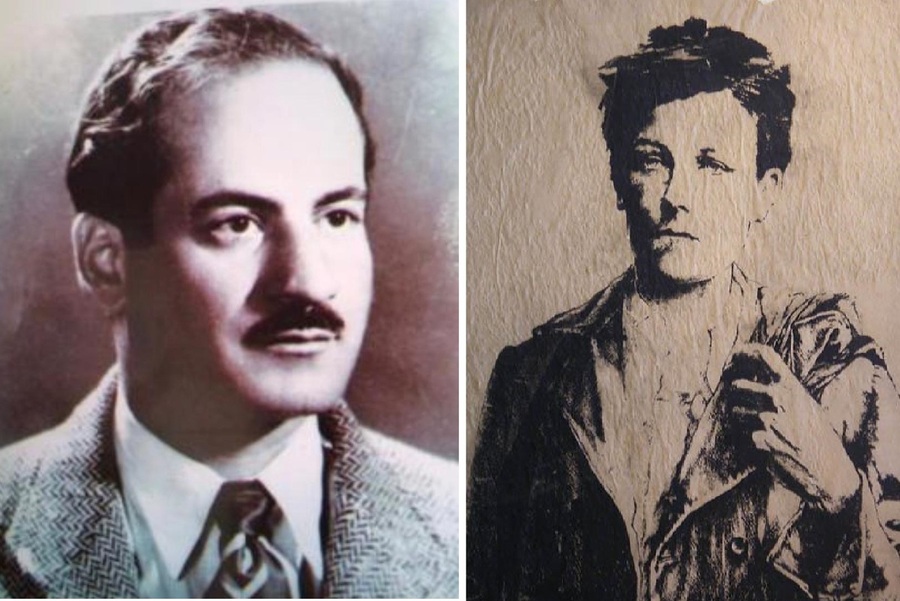Ahmad Hassan Aziz, known as Ahmad Hardi, was born in 1922 in Sulaimani. He completed his primary education there. He was given the title of Hardi by the famous poets of that time Mohammad Towfiq Wardi and AB Hawri. In 1941, he became a teacher in primary schools in Sulaimani. In 1957, he published his first and last collection of poems, Razi Tanyayi (The Secret of Loneliness). He was once the director of the Kurdish Writers Union Sulaimani Branch. From 1973 to 1974, he taught literary criticism at the College of Literature of Sulaimani University. He retired himself in 1981. All of Ahmad Hardi's poems are the 16 published in Razi Tanyayi.
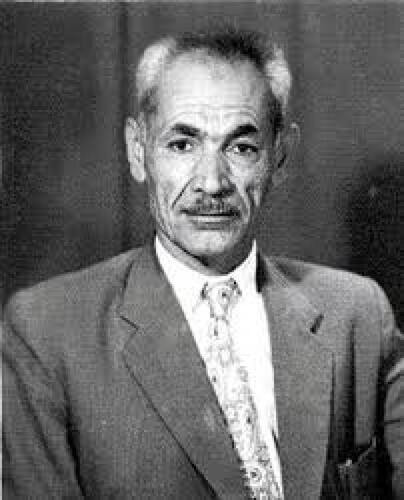
Goran
The process of renewal of Kurdish poetry in the southern part of Kurdistan begins with several specific names. Obviously, most of these intervals are known to researchers and readers of Kurdish literature. From Sheikh Nuri Sheikh Salih to Abdullah Bag Goran, they have influenced the creation of a different style of poetic expression. Although the renewal of poetry in the southern part of Kurdistan is associated with the name of Abdullah Bag Goran, there were many other personalities who wrote poetry at the same time as Goran and in their poems deviated from the previous standards and rules of Kurdish poetry. These measures, rules, and regulations have been changed in form and content. Some of these poets are people like Sheikh Nuri Sheikh Saleh who have had the greatest influence on the renewal of thought in Kurdish poetry.
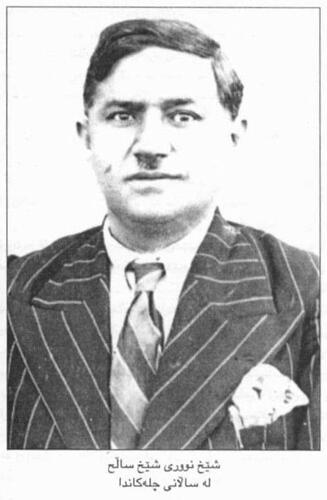
In addition to Sheikh Nuri, other poets influenced the renewal of form and the content of poetry. Sheikh Nuri has a large collection of poetry, most of which belong to the discourse of classical Kurdish poetry in terms of form and content, and fewer of his works contain innovative views. But they should be looked at as the basis and the beginning of a new trend. Along with Sheikh Nuri and Goran, Ahmadi Hardi has had a great influence on a generation of Kurdish scholars and poets with the least amount of poetry. Hardi can be compared to Arthur Rambo in terms of the way he writes poetry, that is, the time set for writing poetry in which the writer understands the language and style of writing concisely and gives up the pen. That assessment is not valuable. That is, we do not want to combine the works of these two poets. However, both Rambo and Ahmad Hardi wrote poetry for a short time and stopped writing poetry. The difference is that Arthur Rambao's poems were widely lawbreaking in the world.
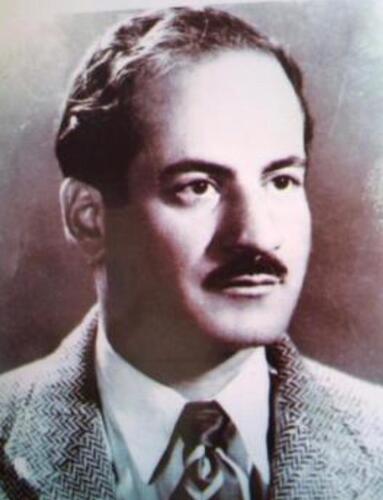
Ahmad Hardi
However, Ahmad Hardi has tried to deviate from the rules of Kurdish poetry and has succeeded in doing so. He knew Western literature well. He wrote something for his poems showing that he was well aware of the poetry of many Western poets, so he tried to write poetry in Kurdish on the rhythm and style of some of these poems. His first formal deviations in his poetry can be found in them. For example, we can see this characteristic in the poem "Restlessness". This phenomenon can be seen in poems such as "Kurdish Tango" or "La Yarawa". However, apart from these poems, the rest of Ahmad Hardi's poems preserve the framework of classical Kurdish poetry.
The only difference that distinguishes Hardi's poetry from classical Kurdish poetry is his different view of social, human, and even class phenomena. We see a different language in Hardi's poems than that of previous poets. A language that is largely devoid of non-Kurdish words, sentences, and expressions. In addition, Hardi's aesthetic system in these poems is a new system that does not resemble any of the poetry of Kurdish, Persian, and foreign poets. An aesthetic that we can say is an aesthetic of Hardi and is based on what Kurdish society values. He has tried to discover domestic aesthetics and consider them in his poems. We can find this phenomenon in poems such as "Ms. Fatima", "Two Kinds of Love", and the best poem "A Broken Heart".
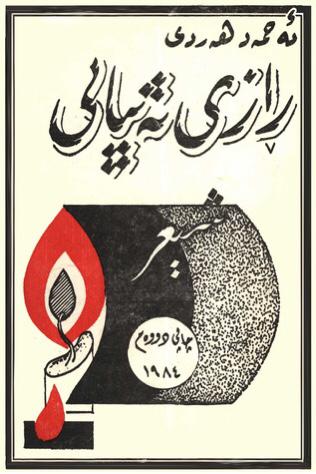
Hardi's collection of poems was published in two volumes in 1957 entitled Razi Tanyayi. These poems are very few. Hardi's serious poems do not exceed twelve, but these twelve poems have earned him a name and fame far greater than the number of his poems in the field of Kurdish poetry. Two reasons identify Hardi's literary fame. One of them must be sought within literature, that is, an internal cause in literature. This is an innovation that Hardi has made in the content of his poems. A new system of expression, a new way of looking at humans, a new way of looking at love, a new way of looking at human failure and hopelessness, and a new way of looking at class problems in society. These views have been less considered in Kurdish literature in the field of poetry and he has painted them in a very artistic way. In the second part of his poems, which are poems in which the form has been renewed, the music of the poems is rhythmic and has an impact on the reader and the voice of literature, and the content of the poems is new. However, the second reason why Hardi is known as a very talented poet with a small collection of works is a reason outside the literary.
The factor we call external, that is, a factor outside literature, goes back to a field called music. All of Ahmad Hardi's good poems have been composed by the best Kurdish musicians and singers and have been heard by Kurdish society for the past sixty years. They have been sung by singers such as Hassan Zirak, Omar Dzeyi, Adnan Karim, Mohammad Mamle, Taher Towfiq, Ali Mardan, and many others. In other words, due to external and internal reasons, Ahmad Hardi has gained a great reputation in the field of Kurdish poetry with a small collection of poems. Based on the discussions, it is impossible to talk about the renewal of the poetry movement in Kurdistan without taking into account the efforts and innovations of Ahmad Hardi.

